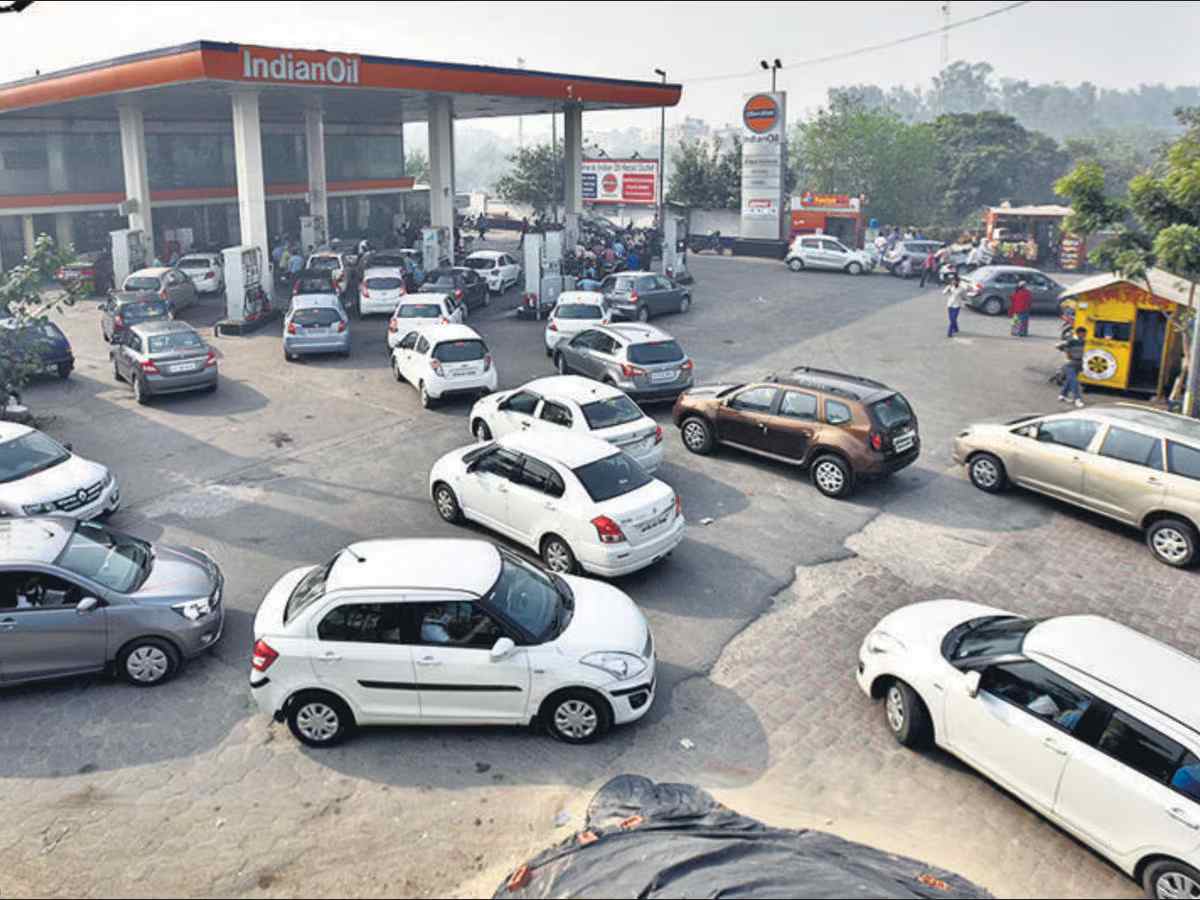Delhi has initiated a stringent ban on fuel supply to end-of-life vehicles, effective July 1, marking a decisive escalation in the capital’s battle against severe air pollution. This comprehensive enforcement strategy targets petrol vehicles older than 15 years and diesel vehicles older than 10 years, leveraging advanced technology for compliance. The move underscores a profound commitment to fostering a zero net carbon, eco-friendly urban environment and enhancing public health through sustainable mobility solutions.
The implementation of this fuel ban is a direct consequence of landmark judicial directives aimed at cleansing Delhi’s notoriously polluted air. A 2018 Supreme Court judgment explicitly prohibited diesel vehicles older than 10 years and petrol vehicles older than 15 years from operating in the capital. This was preceded by a 2014 National Green Tribunal (NGT) order that further restricted the parking of vehicles aged over 15 years in public places. These rulings collectively form the legal bedrock for the current enforcement drive, reflecting a sustained judicial push for environmental accountability in one of the world’s most polluted cities.
To ensure stringent compliance, the Commission for Air Quality Management (CAQM) has issued clear directives, leading to a detailed enforcement strategy by the Transport Department. Automatic Number Plate Recognition (ANPR) camera systems have been strategically installed at nearly 350 petrol pumps across the national capital by the Delhi Transport Infrastructure Development Corporation (DTIDC). These AI-powered cameras are designed to instantly detect non-compliant vehicles, capturing their registration details and triggering automated hooter systems to alert petrol pump staff. Upon detection, fuel stations are mandated to deny service, and non-compliant vehicles face immediate impounding and disposal.
The enforcement drive, which commenced on Tuesday, July 1, is a multi-agency operation involving personnel from the Transport Department, Delhi Police, Traffic Police, and the Municipal Corporation of Delhi (MCD). Teams have been strategically deployed at petrol pumps across the city, with specific allocations for Delhi Police and Transport Department squads. One traffic police officer is stationed at each of the 350 identified petrol pumps to monitor and prevent refuelling of vehicles that have exceeded their prescribed lifespan. Additionally, two police personnel are deployed at each fuel station to maintain law and order during the enforcement drive, ensuring full compliance and deterring any attempts to breach regulations.
The Delhi government also issued Standard Operating Procedures (SOPs) on June 17 to formalise the enforcement of the ban. These SOPs mandate that all petrol pumps must maintain a log, either manual or digital, of all denied fuel transactions involving end-of-life vehicles. This data is to be reported weekly to the Transport Department, ensuring a transparent and accountable process. Fuel stations found violating these norms will also be reported weekly to the CAQM and the Ministry of Petroleum and Natural Gas for further action, with non-compliance potentially attracting penalties under Section 192 of the Motor Vehicles Act, 1988. This robust framework aims to create a strong deterrent against the operation of polluting vehicles, regardless of their state of registration.
From an environmental perspective, the ban is a crucial step towards mitigating vehicular pollution, a primary contributor to Delhi’s hazardous air quality. Older vehicles, particularly diesel ones, are known to emit higher levels of particulate matter and nitrogen oxides, which are severely detrimental to public health and the environment. By systematically removing these high-polluting vehicles from the roads, the policy contributes directly to reducing airborne pollutants, improving ambient air quality, and moving the city closer to its zero net carbon goals. This initiative aligns with broader global efforts to promote sustainable urban mobility and transition towards cleaner transportation systems.
Moreover, the policy has significant implications for equitable and gender-neutral urban development. Cleaner air benefits all residents, reducing the incidence of respiratory illnesses and improving overall public health outcomes. Vulnerable populations, including children, the elderly, and those with pre-existing health conditions, often bear a disproportionate burden of air pollution, making such measures vital for social equity. While the ban presents challenges for individuals who may rely on older, more affordable vehicles, the long-term societal benefits of improved air quality and a healthier environment are paramount. The success of this drive will depend on sustained enforcement, public cooperation, and potentially, supportive measures to facilitate the transition for affected vehicle owners.
Also Read :Delhi Bans Fuel for Older Vehicles to Fight Air Pollution


